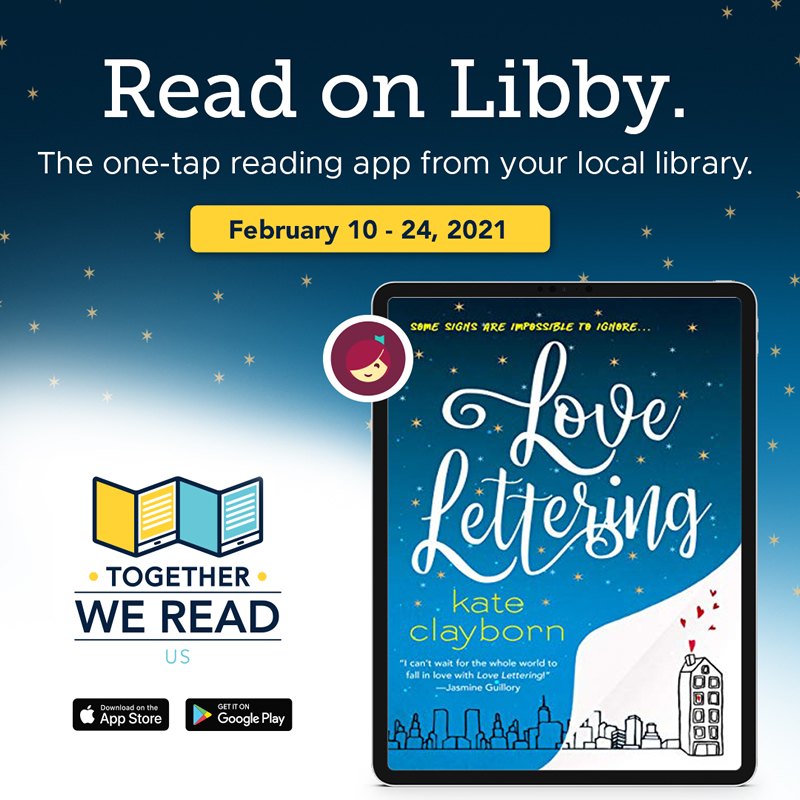Get your free copy and join us in the SoIN Big Read!
Harrison County Public Library, The Floyd County Library, Jeffersonville Township Public Library, Jeffersonville Public Art Commission, and Community Action of Southern Indiana are partnering with the Arts Alliance of Southern Indiana for the SoIN Big Read to promote a regional community reading event around The House on Mango Street by Sandra Cisneros.
Over 1,000 copies of the much-heralded novel, which was written in 1984, will be distributed at no cost throughout Southern Indiana. Harrison County Public Library will start distributing books on Monday, October 11 at each branch. The SoIN Big Read website notes that this book is best suited for high school students and adults, due to topics involving domestic and sexual violence.
“The House on Mango Street approaches the complexities of living life and growing through struggles of cultural, social, and gender challenges. It is a book for everyone,” said Brian Bell, Executive Director of the Arts Alliance of Southern Indiana. “We have chosen this title because of its broad spectrum of relatability to a diverse community. The sharing of stories that expose struggle and aspiration in everyday life connect us and strengthen community. This is our intent with our Big Read.”
On November 6 at 11:00 a.m., Harrison County Public Library will hold a SoIN Big Read Walking Book Discussion at Rice Island in Corydon (if inclement weather occurs, the walk will move to the YMCA in Corydon). Read The House on Mango Street and join in a book discussion while walking at the newly renovated Rice Island Park in downtown Corydon!
Two large community projects – “Hashtag Trees” and “Dream and Anchors Project” – are centered around this book will take place over the next few months. For more information about the SoIN Big Read, please visit www.soinbigread.com.
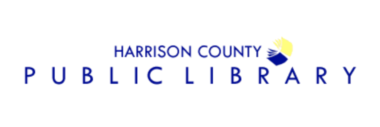
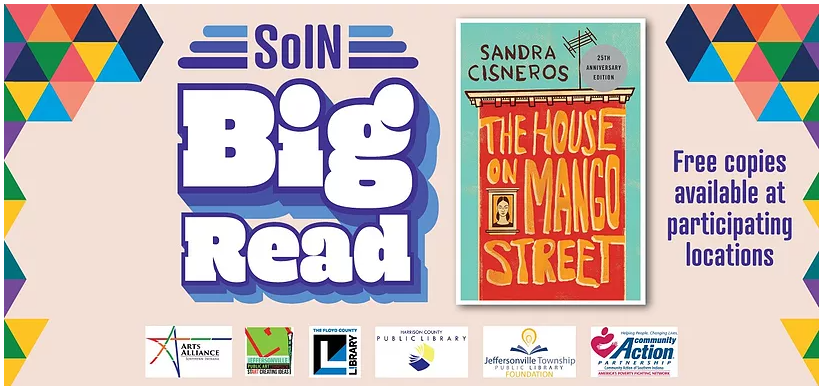
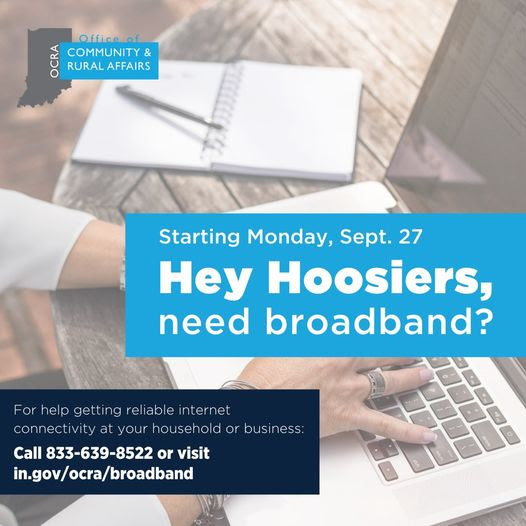
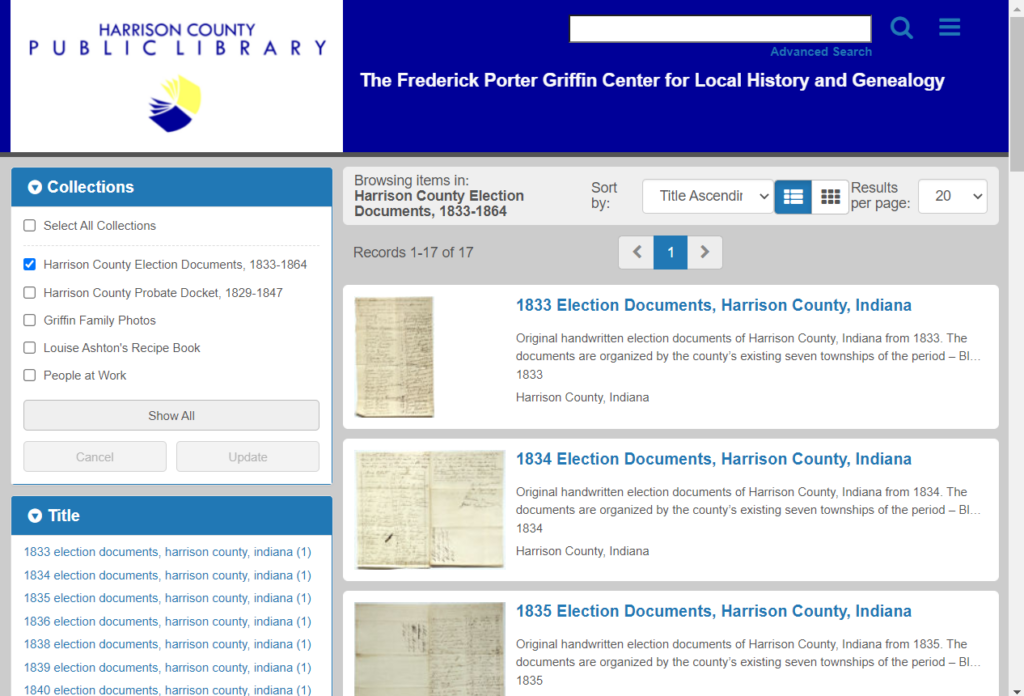
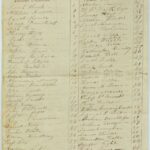
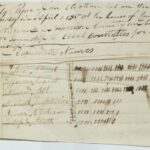
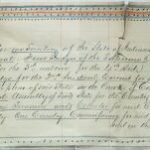
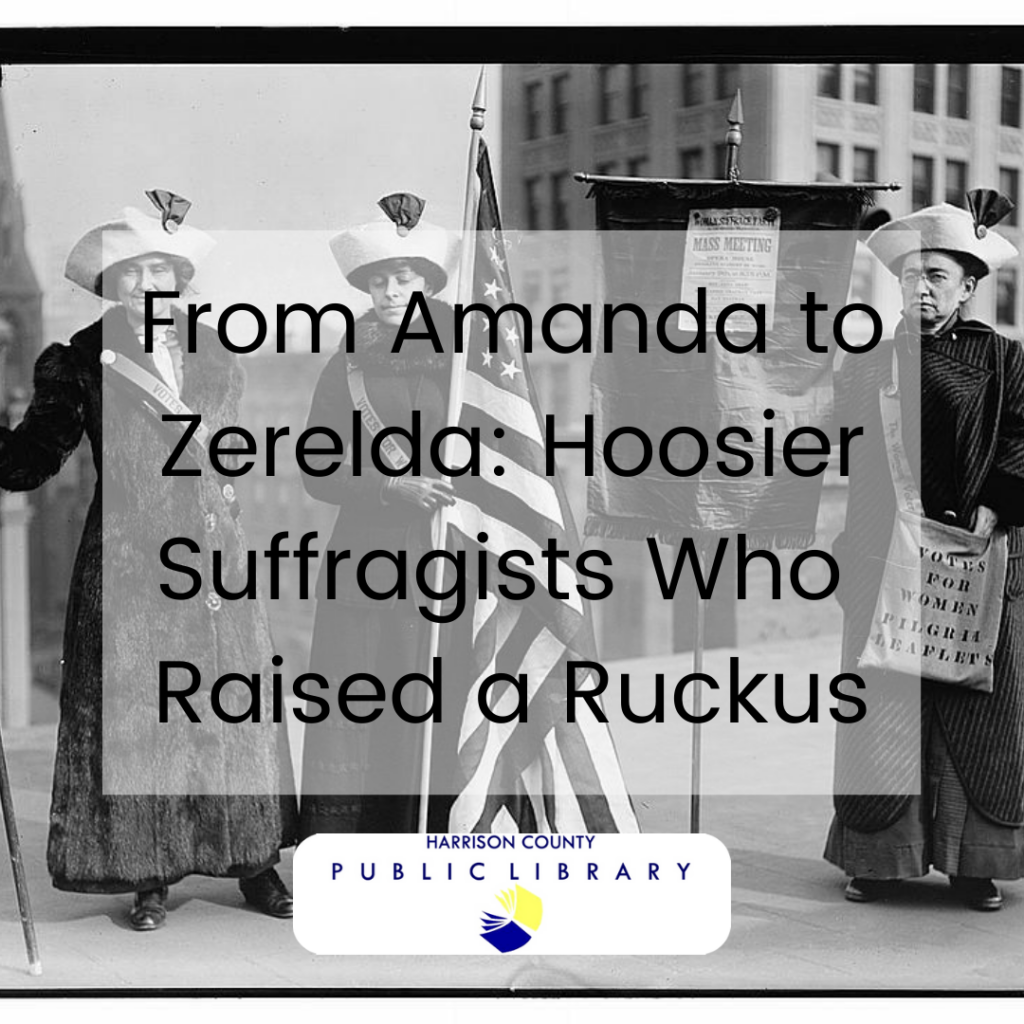
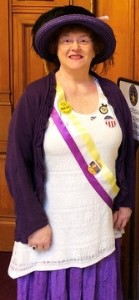
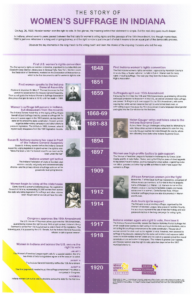
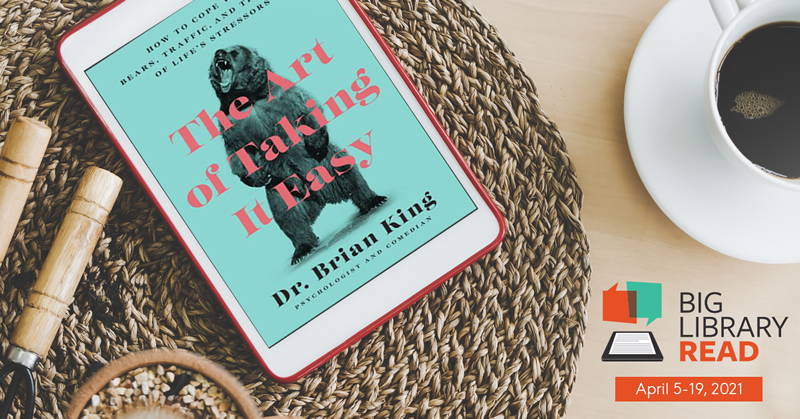
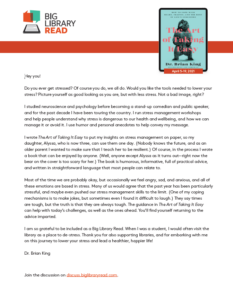
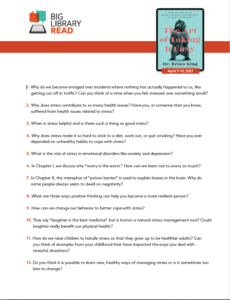
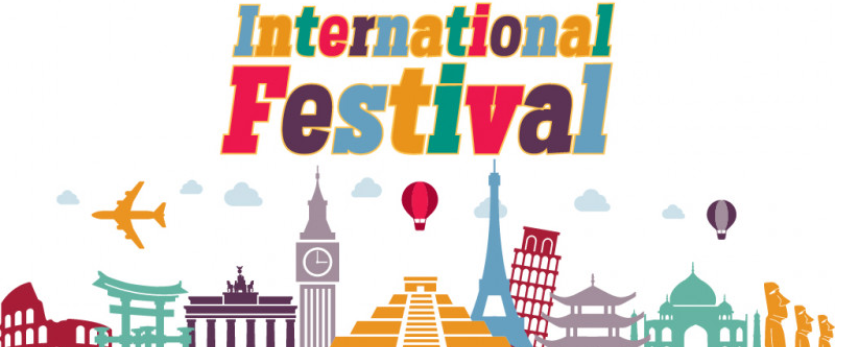
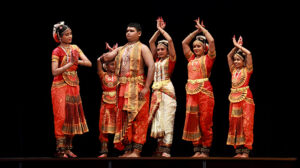
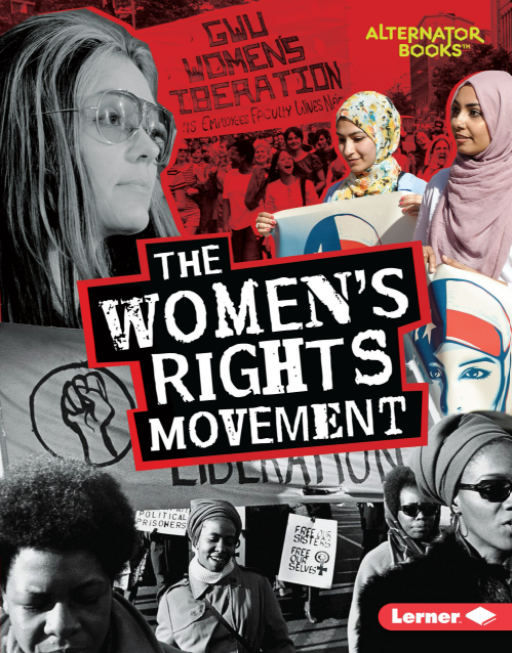
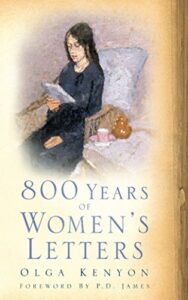
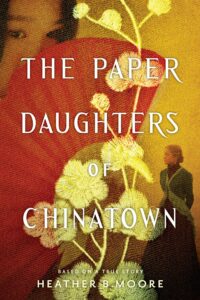
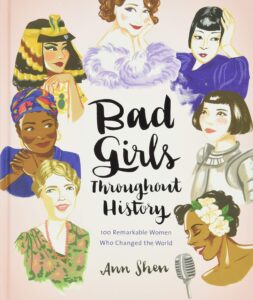
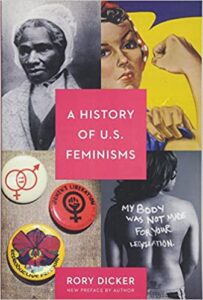
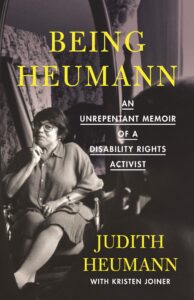
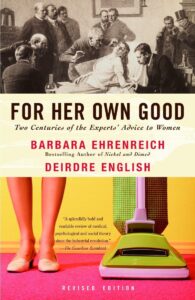
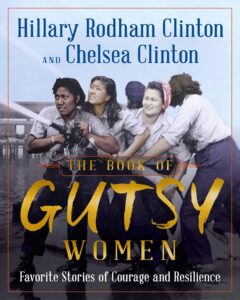
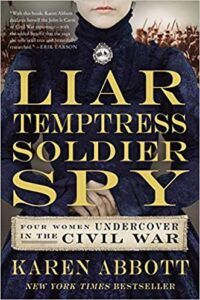
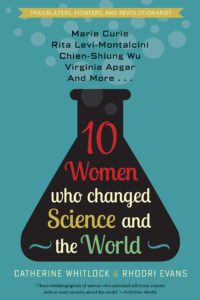

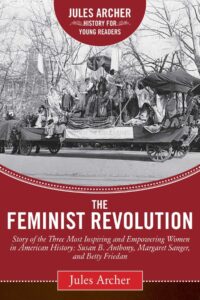
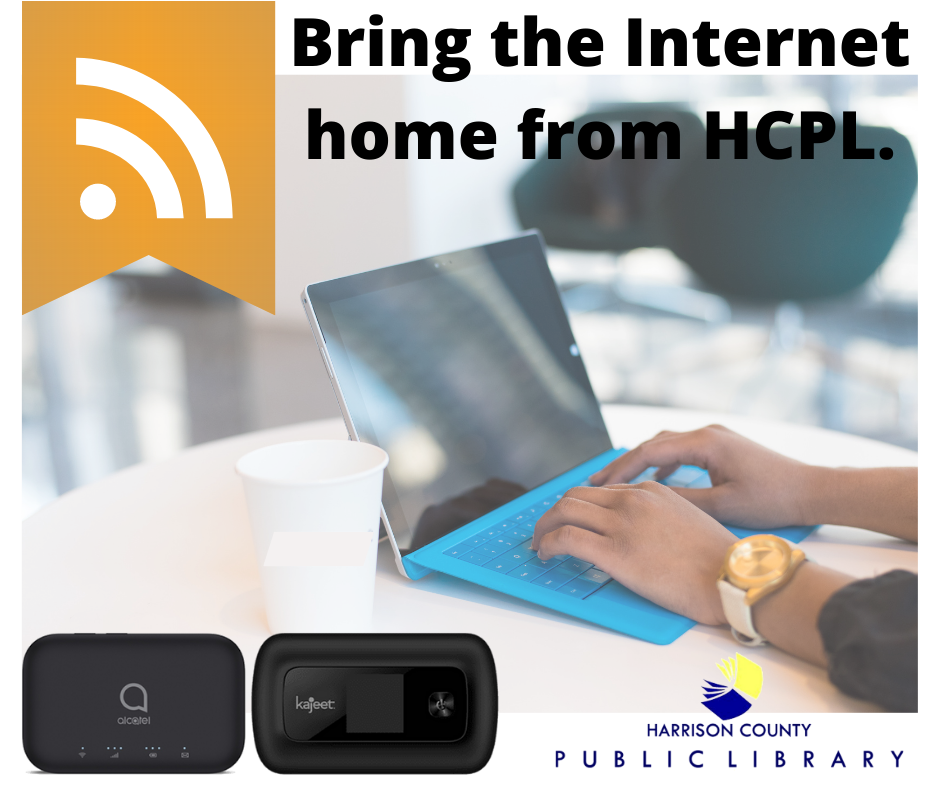
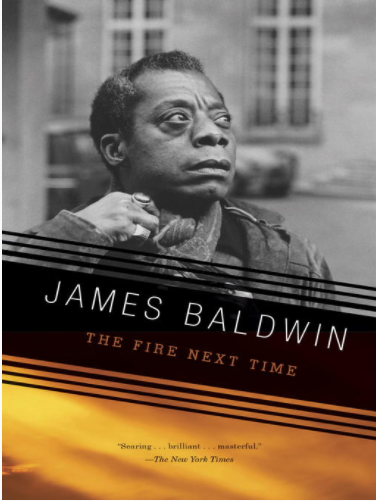
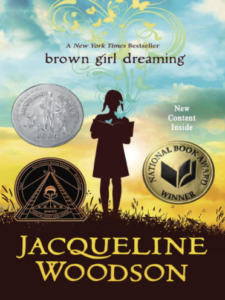 February is Black History Month–truly, 28 days of the year are not enough to properly recognize and appreciate the authors and books that tell the stories of Black Americans. Following are eBooks and audio books available from HCPL’s OverDrive/Libby collection that reveal, inform and celebrate Black Americans.
February is Black History Month–truly, 28 days of the year are not enough to properly recognize and appreciate the authors and books that tell the stories of Black Americans. Following are eBooks and audio books available from HCPL’s OverDrive/Libby collection that reveal, inform and celebrate Black Americans.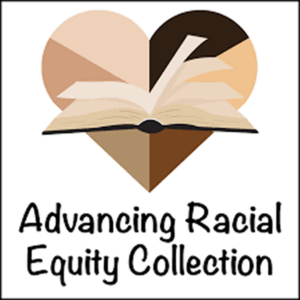 Harrison County Public Library also offers the Advancing Racial Equity Collection, which was funded by the Indiana Humanities Advancing Racial Equity Collection Development Grant.
Harrison County Public Library also offers the Advancing Racial Equity Collection, which was funded by the Indiana Humanities Advancing Racial Equity Collection Development Grant. 